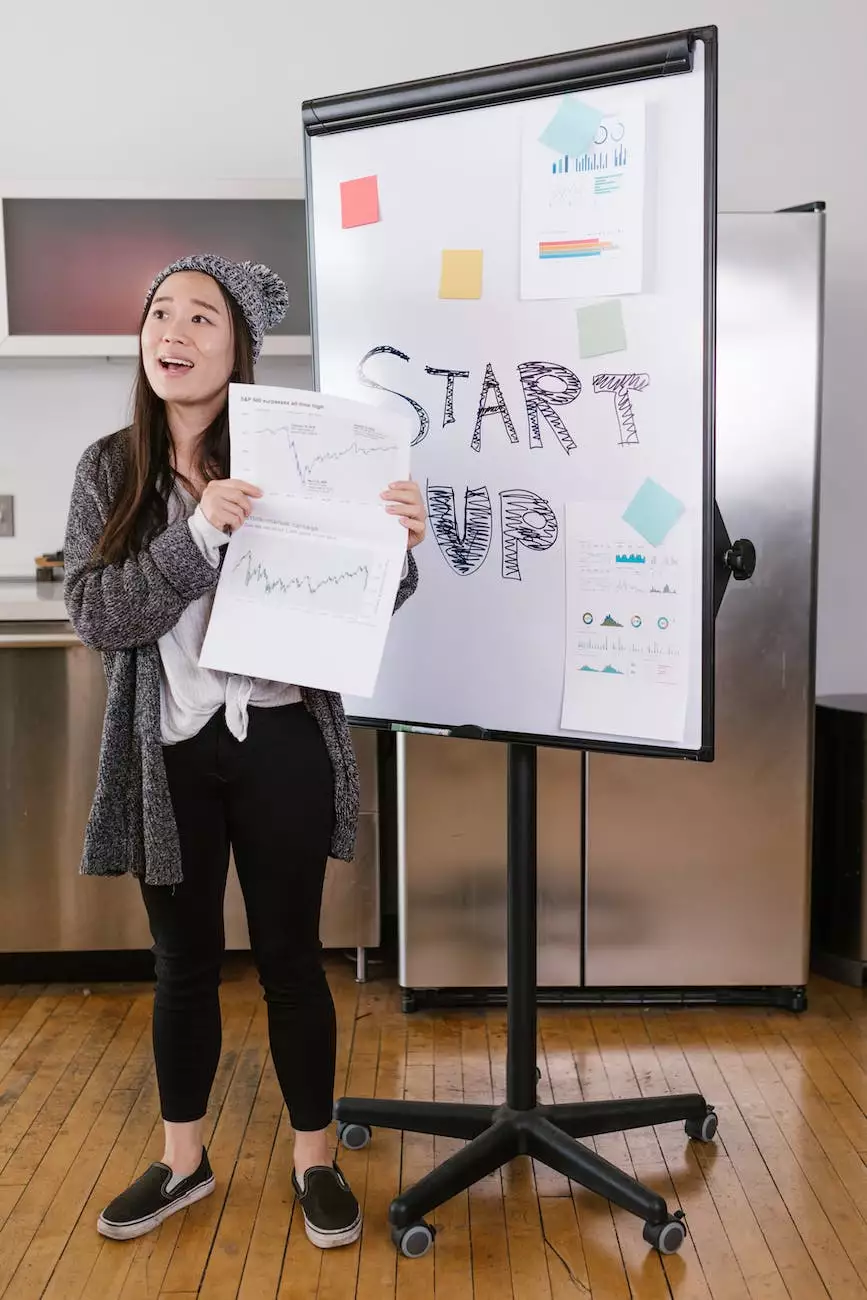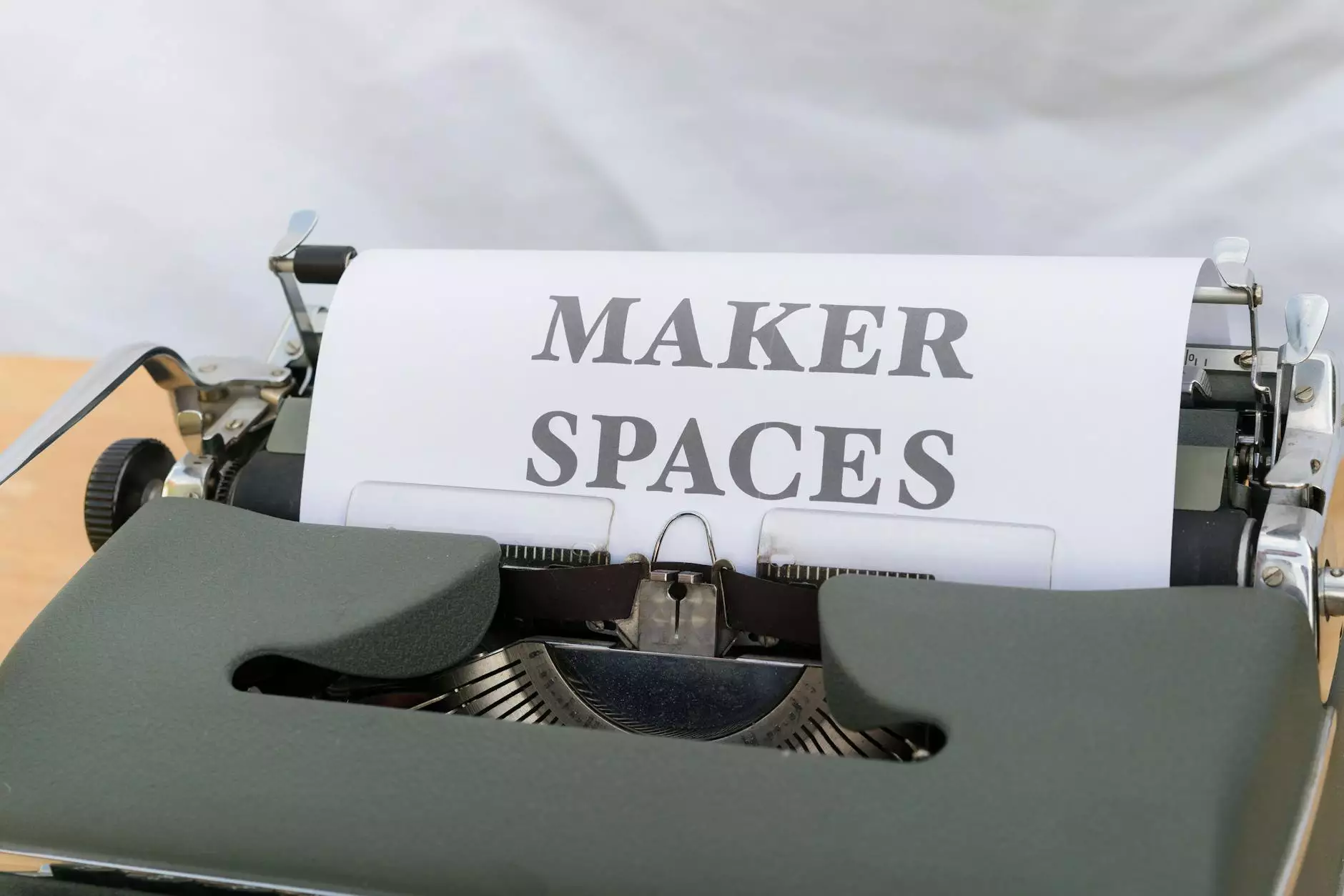ISTE Frame of Mind: Five Tips to Prepare for This Year's Conference
GEB Conference: Insights
Tip 1: Maximize Your Networking Opportunities
Attending the ISTE conference presents a fantastic opportunity to network with like-minded professionals, industry leaders, and potential collaborators. To make the most out of this networking experience, follow these invaluable tips:
- Research and identify key individuals or organizations that you would like to connect with. Prepare a list of questions or topics for discussion to initiate meaningful conversations.
- Utilize social media platforms like Twitter and LinkedIn to engage with fellow attendees and speakers before the conference. Join relevant groups and conversations to build connections in advance.
- Attend networking events such as receptions, meetups, or special interest group gatherings. These provide relaxed environments for intimate conversations and relationship-building.
- Don't be afraid to approach people and introduce yourself. Remember, everyone is there to network and share knowledge, so be confident and outgoing.
- Follow up with new connections after the conference. Send personalized emails or connect on professional platforms to continue building relationships beyond the event.
Tip 2: Plan Your Schedule Effectively
With numerous sessions, workshops, and presentations taking place at the ISTE conference, proper planning is crucial to ensure you cover the topics that interest you the most. Consider these tips when organizing your schedule:
- Review the conference program in advance and prioritize the sessions you want to attend. Identify key speakers, hot topics, and relevant workshops that align with your professional goals and interests.
- Create a detailed itinerary, allowing for breaks and time to explore the exhibition hall. Be mindful of overlapping sessions and plan accordingly, ensuring you don't miss out on valuable content or networking opportunities.
- Consider attending sessions outside your comfort zone to broaden your perspective and gain new insights into different areas of education and technology.
- Allocate time for informal discussions and impromptu sessions that often provide unexpected knowledge exchange and valuable learning experiences.
- Utilize conference mobile apps or online tools to stay updated on any schedule changes or additions. This will help you make real-time adjustments and stay informed throughout the event.
Tip 3: Stay Organized Throughout the Conference
Attending a conference can be overwhelming, with numerous simultaneous activities, materials, and interactions to manage. Stay organized by following these essential tips:
- Carry a notebook or use a note-taking app on your device to jot down key takeaways, interesting insights, and action points from the sessions you attend. This will help you retain and reflect on the knowledge gained.
- Create a folder or use a conference-specific email label to organize digital materials such as handouts, slides, or session recordings received during the conference. Sorting and categorizing these resources will make them easily accessible post-event when you want to revisit them.
- Utilize a digital or physical planner to keep track of appointments, meetings, and social engagements. Set reminders for important sessions or networking events to ensure you don't miss out.
- Take breaks and practice self-care. Conferences can be exhausting, so make sure to hydrate, eat well, and get enough rest to maintain your energy levels throughout the event.
- Use a conference-specific hashtag on social media platforms to easily find and engage with fellow attendees. Share your experiences, insights, and photos to contribute to the conference's digital community.
Tip 4: Engage in Interactive Workshops
Don't limit your conference experience to passive listening in sessions. Take advantage of the interactive workshops offered by experts to enhance your skill set and engage in practical learning. Here's why you should consider participating in workshops:
- Hands-on activities and collaborative learning opportunities provide a more immersive and memorable experience compared to traditional lectures.
- Workshops allow you to actively apply new concepts, tools, and strategies in a supportive learning environment. You'll gain valuable experience and insights that you can immediately implement in your own educational context.
- Interacting with workshop facilitators and fellow participants fosters a sense of community and shared learning. The connections made during these workshops can extend beyond the conference and contribute to your professional growth in the long term.
- Workshops often encourage critical thinking, problem-solving, and group discussions, enabling you to delve deeper into specific topics and explore different perspectives.
- Many workshops provide valuable resources and materials that you can take away and reference after the conference. These serve as ongoing references and reminders of the knowledge gained during the workshop.
Tip 5: Reflect and Apply Your Learnings
After the conference concludes, it's essential to reflect on the knowledge and experiences gained, and then apply them in your professional context. Follow these tips to make the most of your ISTE learnings:
- Take time to review and organize your conference notes and materials. Identify key takeaways and prioritize the areas you want to focus on in your professional development.
- Share your learnings with colleagues or your professional network through blog posts, presentations, or informal discussions. Teaching or presenting the concepts you've learned can help solidify your understanding and contribute to the wider educational community.
- Create an action plan based on the insights gained from the conference. Set achievable goals and milestones to implement new ideas or strategies in your educational practice or school environment.
- Stay connected with the contacts you've made during the conference. Regularly engage with them via professional platforms, attend webinars or virtual meetups, and leverage these connections for ongoing collaboration and knowledge sharing.
- Consider submitting a proposal to present at future conferences, sharing your own experiences or research findings. Presenting at conferences like ISTE can enhance your professional credibility and provide opportunities for further growth and networking.
By preparing yourself effectively, planning your schedule, staying organized throughout the conference, engaging in interactive workshops, and reflecting on your learnings, you'll be well-equipped to have a successful and productive experience at ISTE. Embrace the opportunity to learn, connect, and contribute to the dynamic educational community that gathers at ISTE each year. We look forward to seeing you at the upcoming conference!



